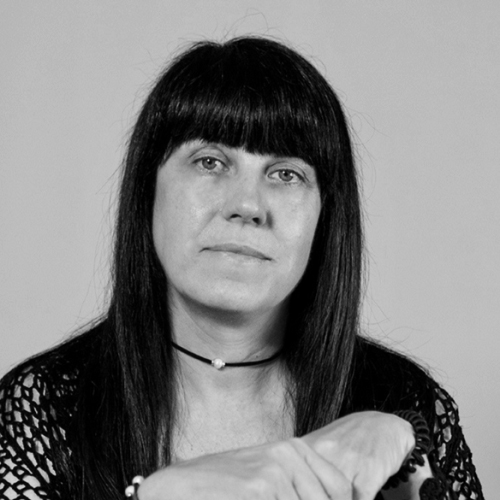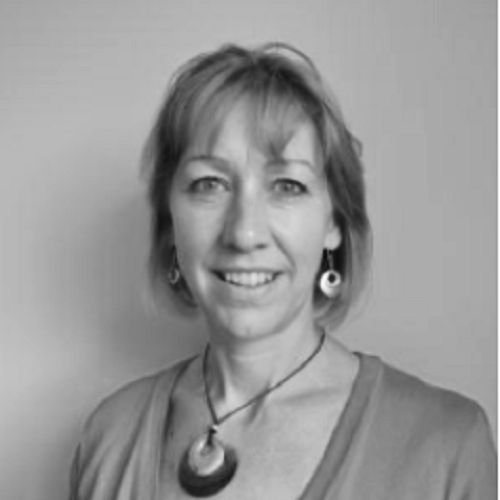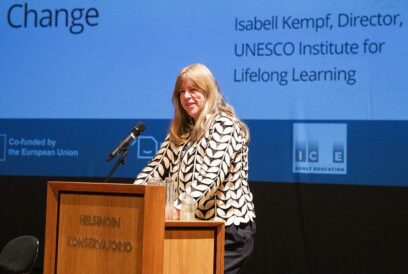

“Previously students would complete a few modules in order to be promoted. What has changed is that now a student might take a few modules and use them to change employer”, says Professor Hazel Rymer. / Photo: Pexels.
“Previously students would complete a few modules in order to be promoted. What has changed is that now a student might take a few modules and use them to change employer”, says Professor Hazel Rymer. / Photo: Pexels.
Academic qualification has become more attainable due to the development of open learning programmes. As an increasing number of students pursue education through open universities, qualifications and job market values have to be reconsidered.
Open forms of academic learning – be it online, free-of-charge or blended learning – have increased in both attendance and provision.
Conceptually, openness of education is usually connected to either distance learning or free admission policy – or both. The understanding of openness depends partly on national study systems and labor markets into which open learning fits differently.
What does open learning mean to adult educators and where do they see open universities standing in Europe? We asked three experts from Spain, Finland and the UK.
“Employers’ perceptions have changed”
To Professor Lourdes Guàrdia from Universitat Oberta de Catalunya, UOC, distance learning refers to the way of delivery and open refers to the nature of the institution.
“Open learning offers everyone equal opportunities to develop their competences, to raise their level of education and to receive continuing education.”
UOC is an online university. Guàrdia connects the study system to skillsets that are relevant in current working environments.
“To study online today means being autonomous and being able to organize and study continuously. This is well seen by citizens and the society in general.”
Open learning relates to job markets in other ways, as well.
“Our university has always been very innovative in terms of new models of learning and teaching, but also as an educational institution that is able to foresee the future of the job market. We think that open universities are contributing to develop the future of universities in general.”
Guàrdia recognizes that there has been a reputational burden in open education but she asserts that the situation has changed remarkably in the last decade.
“Online degrees are gaining respect. Employers no longer automatically perceive online degrees or distance education as inferior.”
According to Guàrdia the current booming of open learning relates to European-wide goals.
“There has been an ongoing international debate about the widespread implementation of ICT-enabled innovations for learning. Open education is the goal in Europe and mainstreaming it through policy can be the vehicle to get there.”
Lourdes Guàrdia
Professor, Education and ICT program Director

Universitat Oberta de Catalunya
Founded in 1995
53 500 current students with approximately 2.000 from abroad
64% of students are more than 30 years old
“The use that students are making of open learning is different than before”
Professor Hazel Rymer, from The Open University in the UK, thinks that the strength of open learning lies in pedagogy.
“It has always been pedagogically robust. It has been blended learning by means of education, obviously, but also in the sense that it has been a combination of distance learning and personal interaction.”
She sees that The Open Univeristy’s take on open learning has always been that it is supported and personal rather than interaction with an algorithm or a computer.
“In an online environment, you can immediately tell if a student is not engaging. You can also see with which assignments a student is struggling. This is not possible in the same way in a face-to-face learning environment.”
For Rymer, there is no reputational issue in open learning. She points out that the quality of open learning is assured as all degrees go through the Quality Assurance Agency in the UK.
“Even more so, actually, because you can see everything relating to our teaching in an online environment.”
In terms of the job market, Rymer is confident that open learning has its merits in the eyes of employers.
“Most of our students are already working and most big companies support their employees studying with us. In that sense, the link to job market is very strong. I believe that employers recognize the determination and organization that is required in completing distance learning modules.”
Rymer sees a shift in the way that people are developing their careers through open learning.
“Previously students would complete a few modules in order to be promoted. What has changed is that now a student might take a few modules and use them to change employer, so it is no longer about stepping up the career ladder in the same way.”
In collaboration Rymer sees room for development.
“UK needs to reconsider protectionist ways of thinking. Many countries in Europe are far better in that sense. For instance, it is becoming more popular in Europe to conform qualifications so that completed credits are valid across institutions.”
Hazel Rymer
Professor, Pro Vice Chancellor (Learning and Teaching Innovation)

The Open University, the UK
Founded in 1969
170 000 current students with more than 15.000 from abroad
Over 70% of students in employment
“Nobody would deny the pioneering role of open universities”
In Finland, state-funded universities have a law-based possibility to organize paid open university studies on the side of free degree programmes. One cannot complete a degree in open university but completed credits are recognized nationally if a student decides to pursue a degree later on.
“I believe that open university can be the second chance for many but the first chance for some”, says Leena Leskinen from the University of Eastern Finland.
To her, open universities are based on the idea of educational equality: anyone can attend courses, regardless of prior qualifications.
“Open learning as a concept is a bit different; it usually refers to free-of-charge online courses with no commitments.”
Finland is currently going through a cultural transition related to the job market relevance of open learning. The UEF open university is actively establishing itself as job market oriented.
Finland is still a degree-centric country in terms of employment but at least some employers have realized the value of open university learning.
“In certain fields, completed open modules can drive forward career development. Demand-oriented model of education is based on us being aware of the current developments regarding available labor or demanded expertise, for instance”.
According to Leskinen, progressive mindset is at the heart of open universities in general.
“Open universities have always been pioneers of educational development. I do not think anyone in Finland would deny this.”
Leskinen reminds that discussion on universities should not fixate on technology: technology is only a tool. Developing learning environments is about how students’ learning and progress can be supported.
“Development of counseling and guidance has been at the heart of our operation for many years. The idea is that we make interaction and consultation easy for students so that the learning process would get started as smoothly as possible.”
Altogether, the future of open universities seems bright. Leskinen is warily optimistic.
“There is still a lot to do but we have a good drive going on. We are happy with all that we have already achieved. The advancement of many alternative paths to academic education is a central theme in our government’s education policy at the moment. This is good because currently only a minority of students find the so-called traditional path convenient.”
Leena Leskinen
Director of Education

The UEF Open University
Founded in 2010
Approximately 13.000 students
Over 60% of students in employment
Updated 23.10.2017 10:07 CET: The amount of students in Universitat Oberta de Catalunya is 53 500, not 500 as it was mistakenly stated in the original version.





